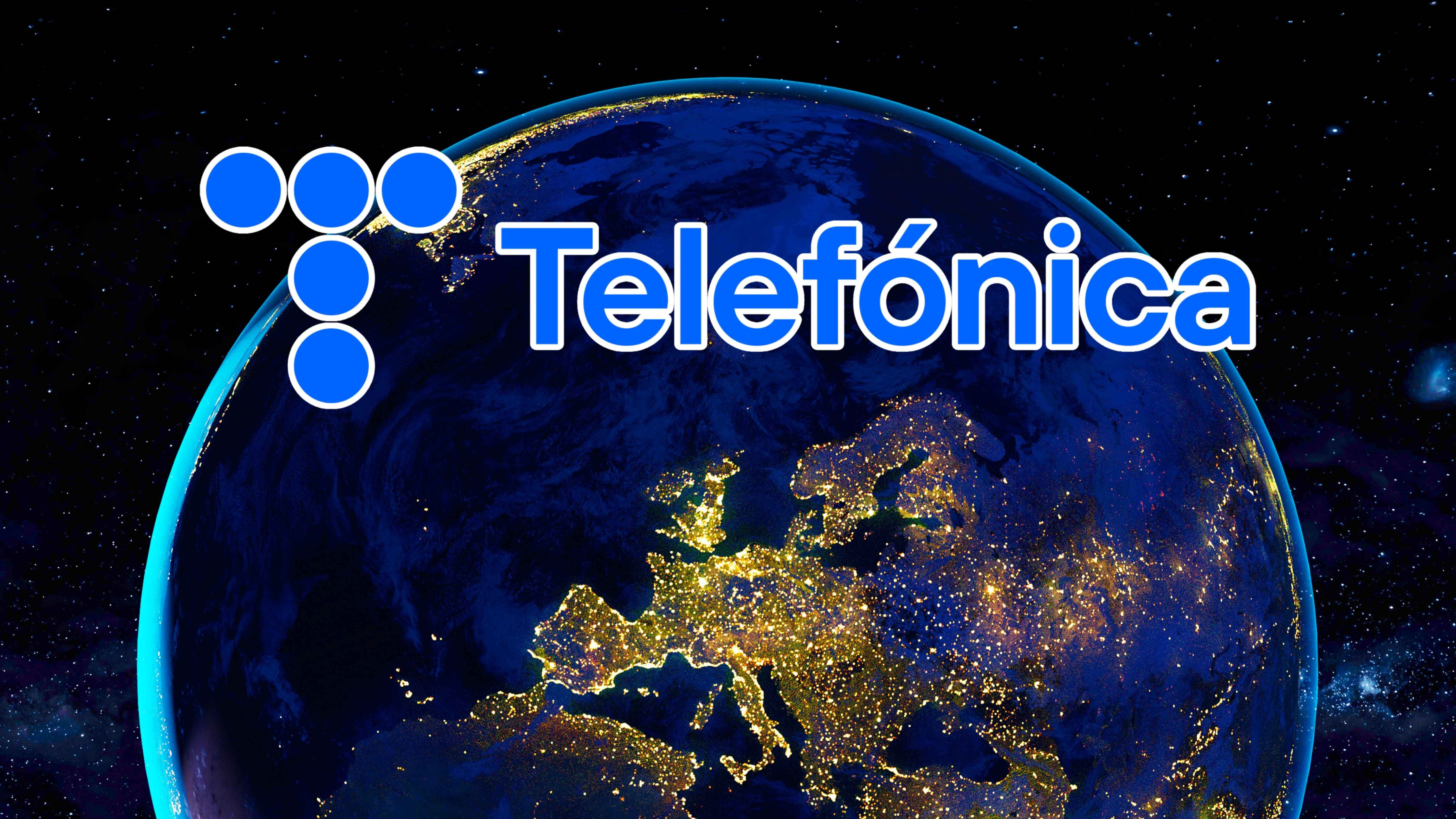A majority of leading US research universities are encouraging the use of generative AI in teaching, according to a new study analysing institutional policies and guidance documents across higher education.
The research reviewed publicly available policies from 116 R1 universities and found that 63 percent explicitly support the use of generative AI, while 41 percent provide detailed classroom guidance. More than half of the institutions also address ethical considerations linked to AI adoption.
Most guidance focuses on writing-related activities, with far fewer references to coding or STEM applications. The study notes that while many universities promote experimentation, expectations placed on faculty can be demanding, often implying significant changes to teaching practices.
US researchers also found wide variation in how universities approach oversight. Some provide sample syllabus language and assignment design advice, while others discourage the use of AI-detection tools, citing concerns around reliability and academic trust.
Would you like to learn more about AI, tech, and digital diplomacy? If so, ask our Diplo chatbot!









